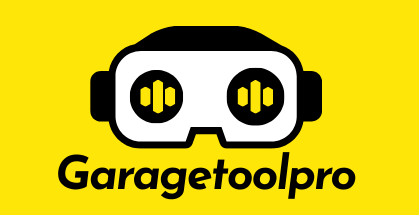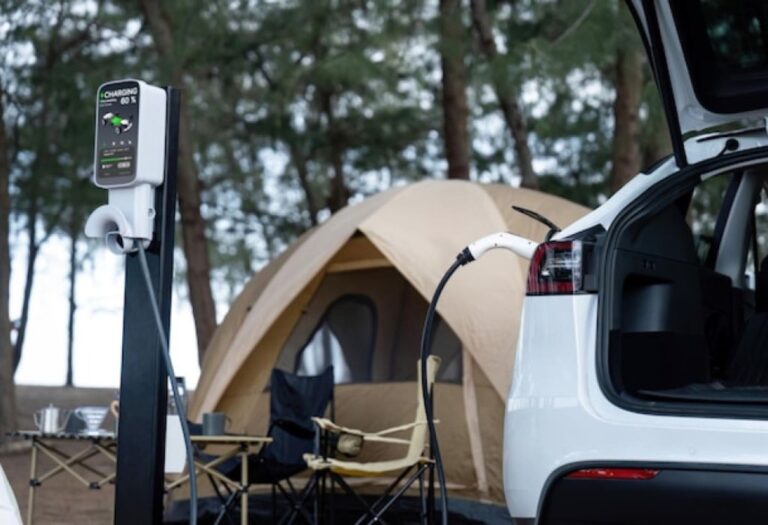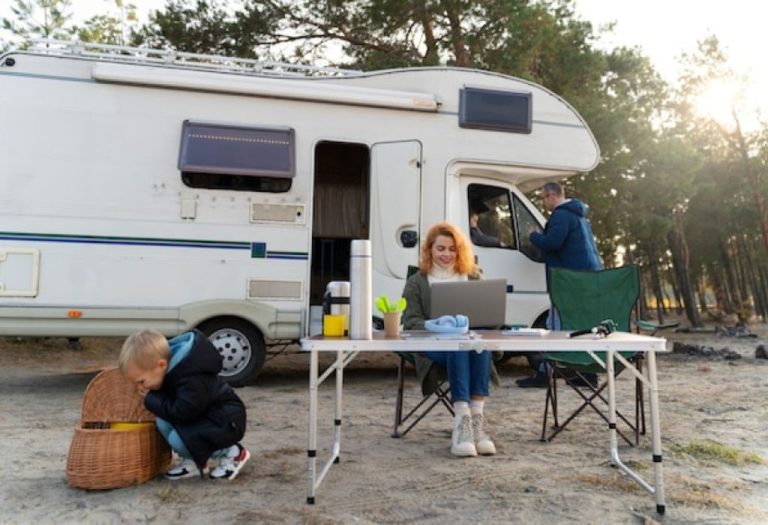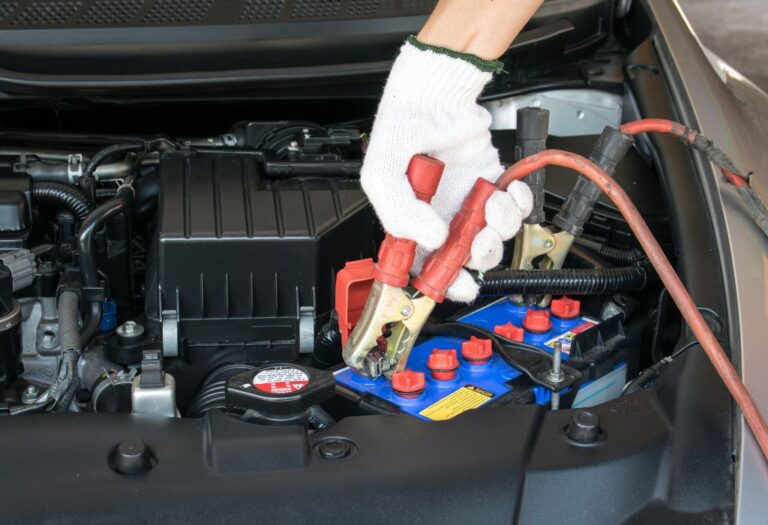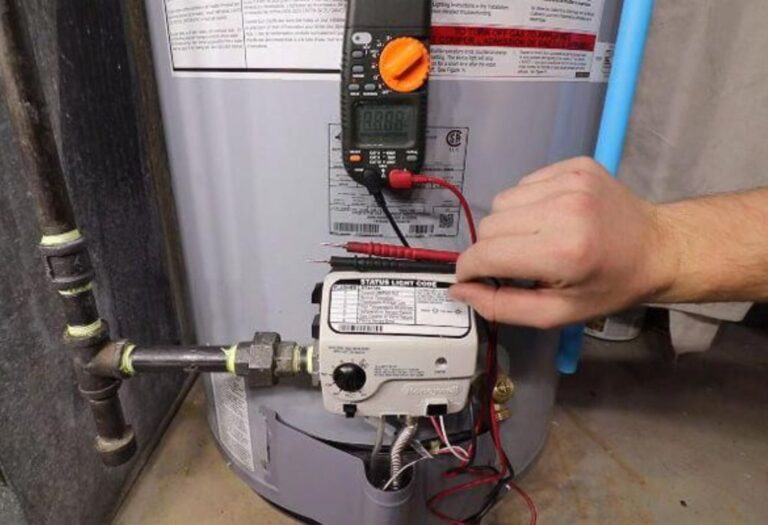Does an RV Battery Charge When Plugged Into Shore Power? Full Guide
One of the most common questions new RV owners ask is: “If I plug my RV into shore power, will the battery charge automatically?”
The short answer: yes, in most modern RVs. But it’s not always that simple. Older RVs sometimes don’t recharge batteries when plugged in, and even newer rigs can face issues if the converter or wiring is faulty.
Your RV battery is the lifeblood of your off-grid adventures, powering lights, water pumps, fans, and electronics. Knowing whether your battery charges while plugged in is critical for avoiding power loss on the road or during camping.
This guide will explain everything step by step, including:
- How RV electrical systems work
- Whether RV batteries charge when plugged in
- How to test your charging system
- Common problems and troubleshooting
- Tips to keep batteries healthy long-term
How RV Electrical Systems Work
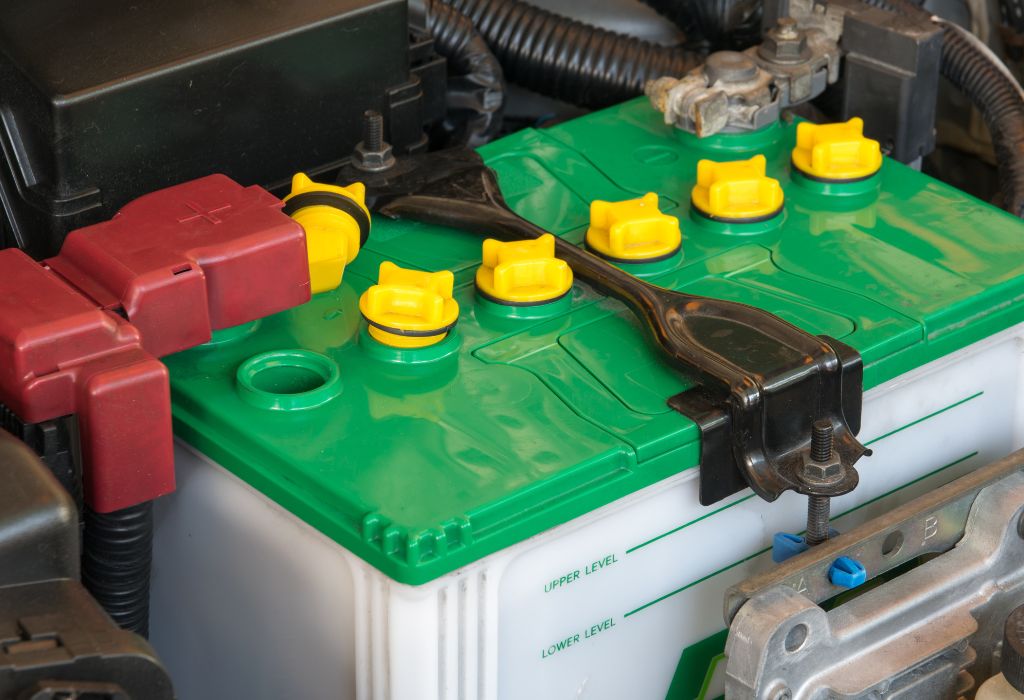
To understand battery charging, you need to know the two main power systems in your RV.
1. The 120V AC System
This system runs large appliances like air conditioners, microwaves, and TVs. It is powered by shore power from campground hookups or by a generator.
2. The 12V DC System
This system powers lights, fans, water pumps, slide-outs, and control panels. It runs off the RV house batteries.
When you plug into shore power, your RV’s converter or inverter/charger is supposed to convert 120V AC into 12V DC to recharge your batteries. But not every RV is set up the same way.
Does an RV Battery Charge When Plugged Into Shore Power?
1. Modern RVs
In most modern RVs, the house battery charges automatically when plugged into shore power. The built-in converter or charger handles this process without any manual action required.
2. Older RVs
Not all older rigs recharge the battery when plugged in. Some only provided 12V DC for lights and fans but did not actually recharge the battery. Owners of these models may need to upgrade the converter or install an aftermarket charger.
3. How the Process Works
- You plug the RV into shore power.
- Power flows into the RV’s electrical panel.
- The converter reduces 120V AC to 12V DC.
- The 12V DC powers RV systems and recharges the battery.
Signs Your RV Battery Is Charging While Plugged In
Here are some clear ways to confirm if your battery is charging:
- Voltage increase is the most reliable sign. A resting battery should show 12.0 to 12.6 volts. A charging battery should rise to 13.6 to 14.4 volts.
- Lights remain steady and bright when plugged in, instead of dimming.
- Converter fan or humming sound indicates it is actively charging.
- A battery monitor or display panel shows charging status on higher-end RVs.
Common Reasons an RV Battery Doesn’t Charge While Plugged In
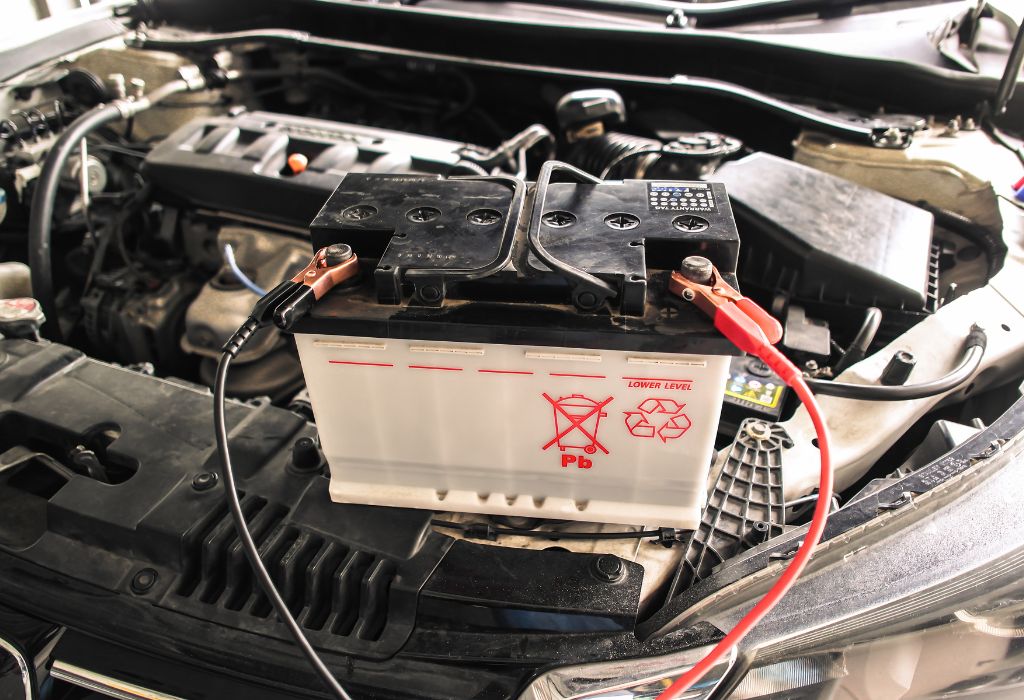
Sometimes the battery does not charge even when shore power is connected. The most common reasons are:
- Faulty converter or charger that is not reducing AC to DC properly.
- A blown fuse or tripped breaker in the system.
- Corroded or loose wiring between the converter and the battery.
- A dead or sulfated battery that no longer holds charge.
- RV designs that did not originally include charging capability.
- Inverter or charger settings left in the wrong mode.
How to Test If Your RV Battery Charges When Plugged In
Testing is simple if you use a digital multimeter.
- First, unplug shore power and measure the resting voltage. A healthy battery should read between 12.0 and 12.6 volts.
- Second, plug the RV back into shore power and measure the voltage again.
- Third, if the reading rises to 13.6 to 14.4 volts, the battery is charging correctly.
- Fourth, listen for the converter fan or hum as another indicator.
- Fifth, if no change occurs, check fuses and breakers for faults.
How Long Does It Take to Charge an RV Battery on Shore Power?
Charging speed depends on battery type, size, and charger output.
- Flooded lead-acid batteries are the slowest to charge. They may take 12 to 24 hours.
- AGM batteries charge faster, often within 8 to 12 hours.
- Lithium batteries are the fastest with a proper charger, usually taking 4 to 8 hours.
Other factors include how deeply the battery was discharged, how many amp-hours the battery stores, and the amperage rating of the charger. Higher amperage chargers will recharge batteries faster.
Tips to Keep Your RV Batteries Healthy While Plugged In
- Use a smart charger that provides multi-stage charging to avoid overcharging.
- Check and maintain water levels in flooded lead-acid batteries.
- Avoid leaving lead-acid batteries under constant high voltage.
- Do not discharge lead-acid batteries below 50 percent if possible. Lithium batteries can handle deeper discharges.
- Disconnect batteries if you are storing the RV for long periods.
- Install a shunt-based battery monitor to track charge and health accurately.
Alternatives to Charging on Shore Power
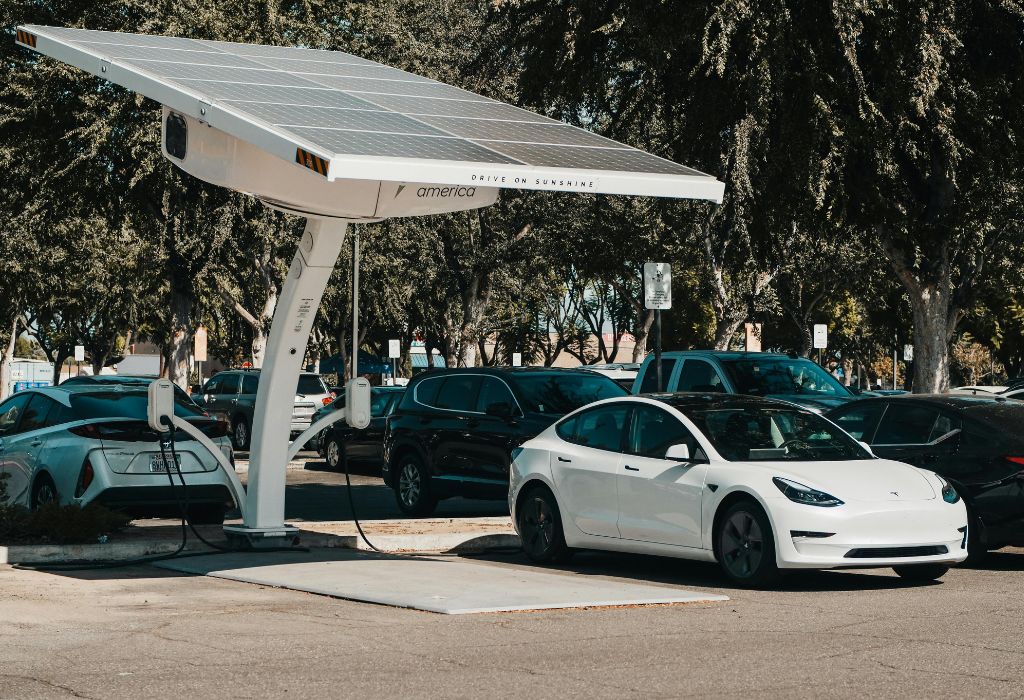
There are several ways to charge RV batteries besides plugging into a campground hookup.
- Solar panel systems with charge controllers are great for off-grid camping.
- Generators provide AC power that works the same as shore power.
- In motorhomes, the alternator charges the house battery while driving.
- Portable chargers can be connected directly to the battery for quicker charging.
FAQs
1. Do RV batteries charge when plugged into a generator?
Yes, generator power works the same way as shore power if the converter is functional.
2. Do RV batteries charge when plugged into my truck?
Yes, many tow vehicles trickle charge the trailer battery through the 7-pin connector.
3. Do I need to flip a switch for charging to work?
Some RVs have a battery disconnect switch. It must be set to “on” for charging.
4. Why does my RV battery still die even when plugged in?
This usually points to a bad converter, sulfated battery, or parasitic electrical draw.
5. Can I overcharge my RV battery while plugged in?
Yes, if your RV still uses an older single-stage charger. Smart chargers prevent overcharging.
Conclusion
So, does an RV battery charge when plugged in? In most modern RVs, the answer is yes. The converter or inverter/charger ensures your house battery gets power whenever you are connected to shore power.
However, not all RVs are the same. Older models may not support automatic charging, and faulty equipment can interrupt the process. Testing with a multimeter is the simplest way to know for sure.
Maintaining your batteries properly will keep your RV powered and ready for camping adventures. With a reliable charging system, you can rest easy knowing your RV battery will always be ready when you need it.
I’m David R. Coleman, the founder, lead writer, and lifelong tool enthusiast behind GarageToolPro.com. With years of experience in automotive repair, woodworking, and home DIY projects, I created this platform to share practical tips, detailed tool reviews, and step-by-step guides that help mechanics, hobbyists, and homeowners get the job done right the first time.
